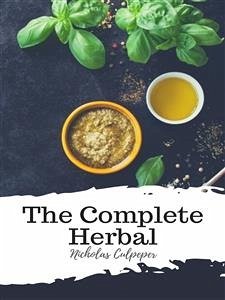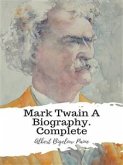First published over 350 years ago during the reign of Elizabeth I, Culpeper's Herbal remains one of the most complete listings of herbs and their uses in existence. From Adder's Tongue to Yarrow, each of the 411 herbs is described in detail, along with its "government and virtues," remedies, and cautions. Although much of the medical advice must be taken with a pinch of salt, the engaging tone, enthusiasm, and expertise of the author are irresistible and highly entertaining. Also included is Culpeper's advice on gathering, drying, conserving, and using herbs to get the most out of them. This is a must-have for anyone interested in herbs and their uses.
Bitte wählen Sie Ihr Anliegen aus.
Rechnungen
Retourenschein anfordern
Bestellstatus
Storno








![Oscar Wilde: The Complete Collection [contains links to free audiobooks] (The Picture Of Dorian Gray + Lady Windermere Oscar Wilde: The Complete Collection [contains links to free audiobooks] (The Picture Of Dorian Gray + Lady Windermere](https://bilder.buecher.de/produkte/48/48162/48162580m.jpg)
